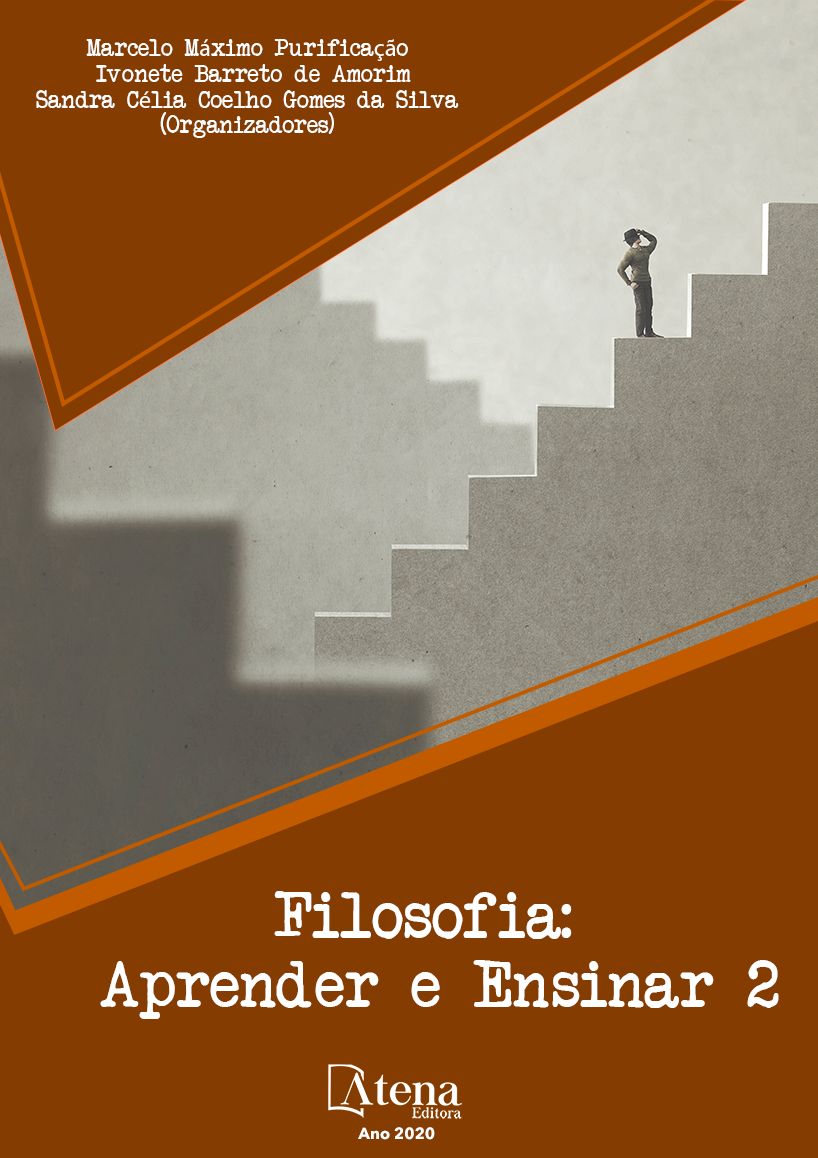
As iluminações libertárias de Walter Benjamin em O Surrealismo
Trata-se de analisar o ensaio “O Surrealismo: O último instantâneo da inteligência europeia”, de Walter Benjamin, publicado em fevereiro de 1929 na revista Literarische Welt. O pensamento benjaminiano configura uma profunda análise do desenvolvimento dos princípios do surrealismo enquanto movimento estético e político. A pretensão é o estudo de alguns conceitos fundamentais sob os quais o ensaio se constrói, tal como a embriaguez, a iluminação profana e a aproximação do surrealismo com o comunismo e o anarquismo. Para uma melhor compreensão do movimento em seu desdobramento prático-teórico, serão abordados outros ensaios publicados pelos surrealistas na revista Le Libertaire (jornal da Federação Anarquista). Os ensaios contêm uma profunda análise sobre as vias políticas percorridas pelo movimento na Europa do século XX, período entre guerras caracterizado pelo nacionalismo emergente e a ascensão do nazi-fascismo. O surrealismo, contra essa onda conservadora, apresenta uma questão política e traça uma questão importante para esta pesquisa: “o que faríamos nós com uma arte que não mudasse a vida?”. Para que sejam melhor compreendidos os elementos revolucionários e libertários do surrealismo, assim como os meios que esse movimento forneceu para mudar o mundo, é de grande valor interpretar os conceitos benjaminianos de embriaguez e iluminação profana; em suma, este é o foco central desta pesquisa.
As iluminações libertárias de Walter Benjamin em O Surrealismo
-
DOI: 10.22533/at.ed.0612004021
-
Palavras-chave: Surrealismo. Embriaguez. Iluminação profana. Anarquismo
-
Keywords: Surrealism. Intoxication. Profane illumination. Anarchism. Liberty
-
Abstract:
We analyze the essay "Surrealism: The Last Snapshot of the European Intelligentsia", by Walter Benjamin, published in February 1929 in the journal Literarische Welt. Benjamin's thought configures a deep analysis on the development of the principles of Surrealism, as an aesthetical and political movement. The intent is to study some fundamental concepts from which the essay constructs itself, such as intoxication, profane illumination and the pairing of Surrealism with Anarchism. Towards a better understanding of the movement in its practic-theoretical branch, we will approach other essays published by Surrealists in the review Le Libertaire (a journal edited by the Anarchist Federation). The essays contain a profund analysis on the political paths the movement has taken in 20th century Europe, an interwar period marked by burgeoning nationalism and the rise of nazi-fascism. Surrealism, against this conservative tide, presents a political issue and delineates an important question for this work: “what would we do with a kind of art that did not alter life?”. So that the revolutionary and libertarian elements of Surrealism are best understood, as well as the means this movement has provided to change to world, it is invaluable to interpret Benjamin's concepts of intoxication and profane illumination. The essay will reflect its own time, which is a period of transition in Benjamin's work as a critic, when the philosopher will reformulate the concept of critique. To understand the politization of the movement, it is fundamental to shed light on its historicity. According to Adorno, History is inherent to aesthetical theory, and the critical theory of art tries to enlighten the historicity of aesthetical theory. In this research, we seek to outline the historical framework of surrealism and stick to the political path that the movement has followed. The surrealists wished to change life with the concepts of profane enlightenment and inebriation contained in the essays of Benjamin. After clarifying the concepts of profane illumination and inebriation, this work aims to study the proximity of surrealism with anarchism, and to that end the following books were used: Theory of vanguard, specifically the chapter on vanguard and engagement; the book Surrealism and anarchism; some of the Theses on the concept of History, by Benjamin, aided as they show the author's antifascist viewpoint and point to a libertarian horizon. Further, we investigate Benjamin’s meaning behind “mobilizing the energies of inebriation towards revolution.” In summary, that is the central focus of this paper.
-
Número de páginas: 15
- Ana Hoffmann
- Matheus Silveira dos Santos


